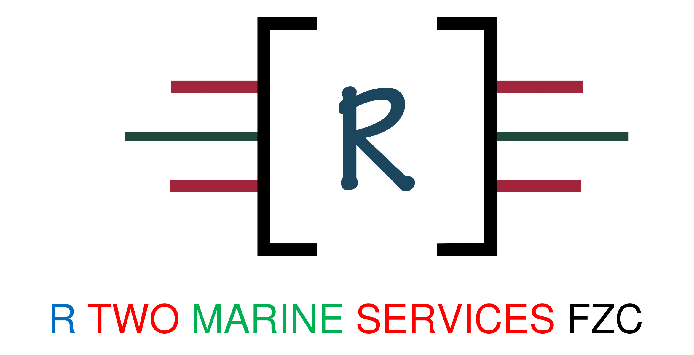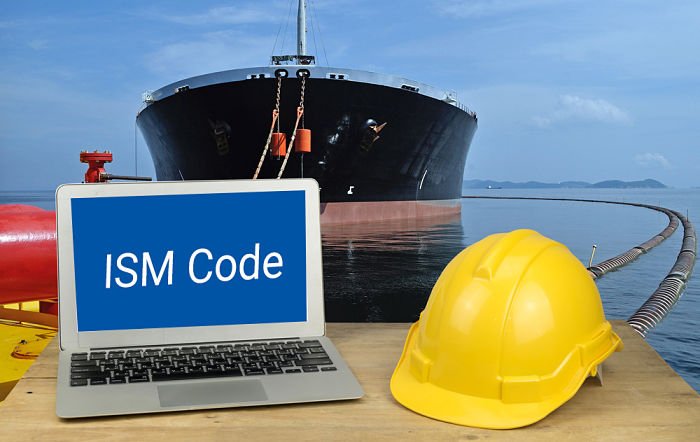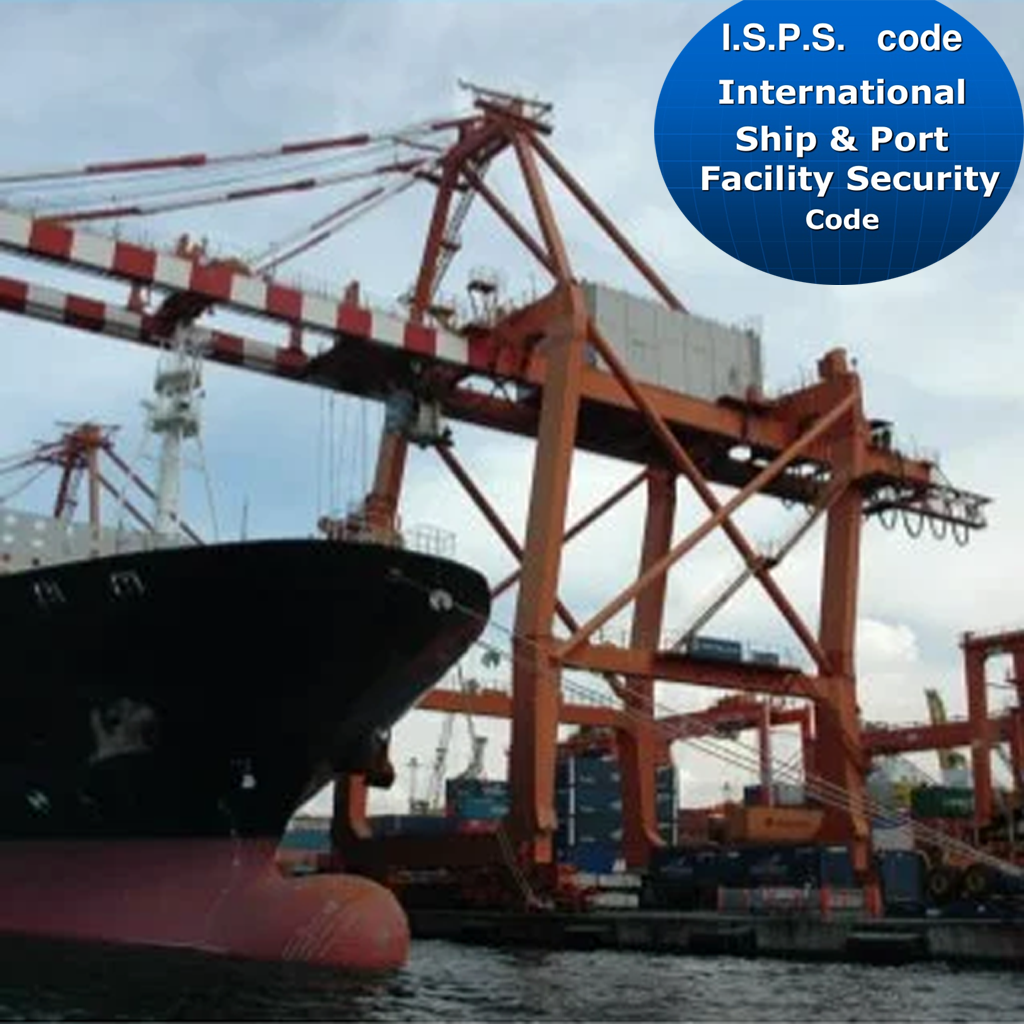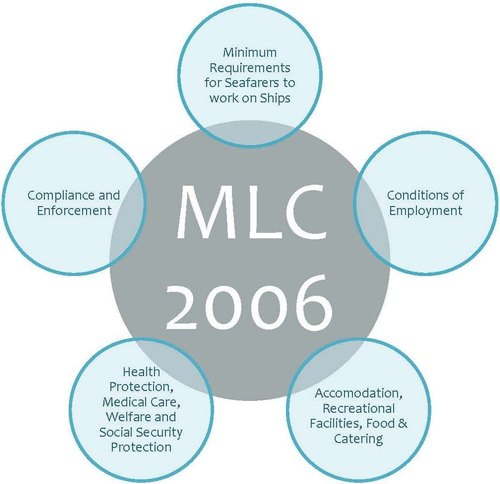
Marine Management Systems

ISM Code
The development of the International safety management code (ISM) by IMO for the safe management and operation of ships and pollution prevention has led RTMS to undertake all relevant services for certification of companies and their ships according to the provisions of the above mentioned code including on board and ashore audits.
Every Ship Managing Company needs to develop a Safety Management System and a Safety Management Manual to ensure proper implementation of the Code. This System, is subject to ashore and on board the ships audit, verification and subsequent certification. All people involved as employees of the company or the ship/s, the organization, the policy, the manager, the Designated Person on Aboard, the procedures, the crew etc. are subject to the above mentioned inspections by the Flag Administration. Most Administrations have authorized Organizations to carry out on their behalf the required audits in order to verify and certify the proper functioning of the Safety Management System and its conformity with the provisions of the ISM Code.
Proper and effective implementation of the Code leads inter alia to safeguarding establishment against the safety and pollution risks, improves managing control, establishes confidence between all parties involved in the management and operation of the ships and reduces possible losses arising from marine accidents and pollution incidents. Our class has established a worldwide professional network to assist ship owners in ISM Code certification. Specially qualified and properly trained personnel with high quality standards is ready to provide all necessary information, instructions or suggestions upon a relevant request, aiming constantly at safer ships and cleaner seas.
ISPS Code
The new requirements form the international framework through which Governments, ships and port facilities can co- operate to detect and deter acts, which threaten security in the maritime transport sector. In order to determine what security measures are appropriate, Governments must assess the threat and evaluate the risk of a potential unlawful act. The ISPS Code provides a standardized, consistent framework for managing risk and permitting the meaningful exchange and evaluation of information between Contracting Governments, companies, port facilities, and ships. The requirements also include provisions, which establish the right of a State to impose control and compliance measures on ships in or intending to visit its ports. It also provides for Contracting Governments to take further action when relevant requirements are not met or when there are other clear grounds for taking such action. In addition, where a risk of attack has been identified, the coastal State concerned shall advise the ships concerned of the current security level; of any security measures that should be put in place by the ships concerned to protect themselves from attack; and of the security measures that the coastal State has decided to put in place.
RTMS as an RSO is authorized to:
- Approve Ship Security Plans
- Perform Security audits of ships
- Issue the International Ship Security Certificates (ISSC)
Specially qualified personnel is ready to provide all necessary information, instructions or suggestions upon a relevant request with high quality standards and with the constant main objective for safer ships and cleaner seas.

Maritime Labour Convention (MLC 2006)
The ILO Maritime Labour Convention, 2006 (MLC 2006) was internationally entered into force on 20 August 2013 after the required number of countries ratified the convention on 20 August 2012. For those Member States who had not ratified the Convention by 20 August 2012, the Convention will come into force 12 months after the individual State ratifies the Convention.
The Convention applies to all ships. Every ship of 500 GT or more that is engaged in international voyages or operates from a port or between two ports of another Member State must be certificated in accordance with MLC 2006. RTMS has already undertaken inspections and issue MLC 2006 certificates as Recognized Organization acting on behalf of Flag Authorities. MLC 2006 Certificate must be attached by a Declaration of Maritime Labour Compliance (DMLC). DMLC Part I is issued from the Administration. DMLC Part II is verified and endorsed from Our class on behalf of Flag Authorities.
The ships which are not obliged to be certified, must on the other hand implement MLC 2006 and be in a position to prove proper implementation. Administrations must verify compliance for all the same requirements as a certified ship. The ship owners of these ships are encouraged to either proceed to voluntary certification or apply to Our class for a Maritime Labour Compliance Statement issuance.


R TWO MARINE SERVICES Quality Assurance System operate under the Quality system of ISM and ISO standard.
Useful Links
Contact Info
admin@rtwomarineservices.com
info@rtwomarineservices.biz
☏ +971-43854673
Head Office :
Hamriyah Free Zone – Sharjah
P.O.Box No. 50419
United Arab Emirates
Operations Office :
Offices Land Building, Block #3, Room # 103, Al Karama, Dubai, UAE
©2022. R Two Marine Services FZC. All Rights Reserved.
Powered by OS Solution